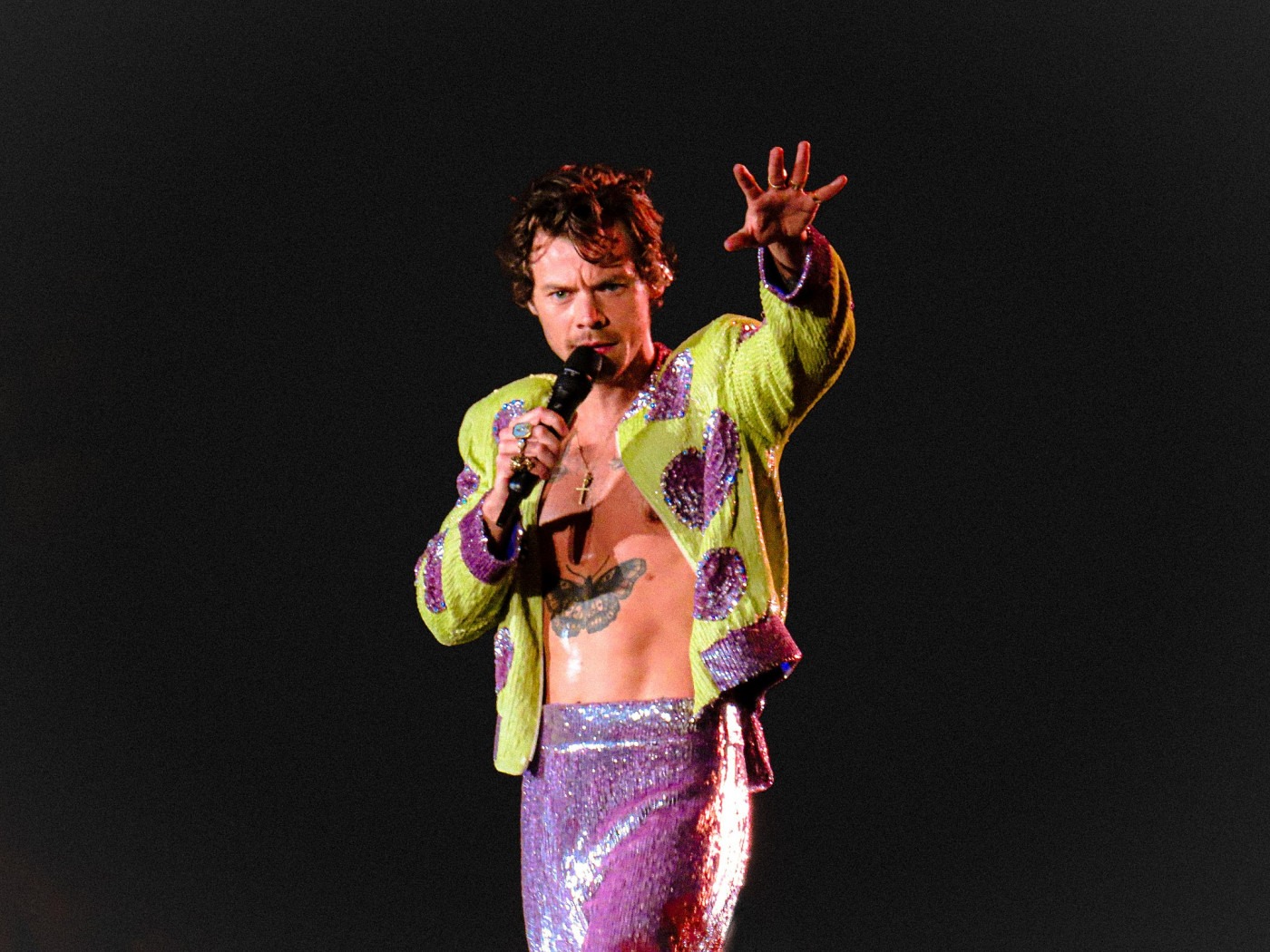Why So Male? – Controversy around the Brit Awards’ ‘Best Artist of the Year’ 2023.
The Brit Awards celebrate the best of British music – acknowledging the success of well-established musicians, whilst also shining a light on home-grown rising stars. On the 12th of January 2023, many music fans waited in nervous anticipation to see which artists had received recognition at this year’s awards ceremony. However, as soon as the nominations were released, Twitter erupted with backlash regarding the Brits’ ‘Best Artist’ shortlist.
Not a single female or non-binary performer had made the final cut.
The Brit Awards introduced the non-gendered ‘Artist of the Year’ award in 2022. This decision came after Sam Smith spoke out about how the gendered nature of the award categories in the Brits excluded non-binary performers, like themselves. Despite Adele scooping the first award of this kind in 2022, this year, the Brits appear to have forgotten all promises of inclusivity and representation that fans presumed this new award was created to ensure.
All five of the Brits’ male nominees for this accolade have been very influential within the British music scene over the past 12 months. Harry Styles has taken the world by storm with his Love On Tour, Stormzy released his third critically-acclaimed album This is What I Mean, and George Ezra bought us the soundtrack to summer, with hits like Green Green Grass. Central Cee may have less mainstream popularity than these three previous artists, but 2022 bought him his first number-one album. Meanwhile, Fred Again will also be hoping to win this category in order to add to the Brit success he has already acquired as a producer. However, despite the achievements of all of these nominees, it is naive to overlook the extent to which the British music scene has also been enriched by female performers in the past 12 months. The exclusion of these such voices shines a light on issues of representation that remain within the music industry in 2023.
Despite this year’s ‘Best Artist’ shortlist being centred around the success of cisgender male musicians, I would argue there were some notable female soloists who are equally deserving of acknowledgement for the music they have released over the past twelve months. Two particularly striking examples of such women are: Florence + the Machine and Charlie XCX.
Similarly, Charli XCX has been pivotal in pushing boundaries
The indie-rock singer Florence Welch has had a remarkable road to success, following her breakthrough track Dog Days Are Over in 2008. Her ethereal vocals and ability to fuse together contrasting genres, led to her securing the Brit Award for ‘Best Album’ in 2010. Since then, Florence + the Machine have managed to continue creating great music and in 2022, their 5th album Dance Fever went all the way to number one in the UK album charts. The brilliance of this album is its unwavering honesty. Created through lockdown, records such as Girls Against God resonate with the shared adversity so many experienced in this difficult time. A nomination for ‘Best Artist’ this year for Florence + the Machine would have been symbolic in reflecting the Brit Awards dedication to acknowledging an artist’s sustained originality and authenticity, above their conformity to the everchanging tide of mainstream popular music.
Similarly, Charli XCX has been pivotal in pushing boundaries within the experimental pop scene since getting signed to a major record label at sixteen. Despite often being perceived as a pop futurist, in 2022 she appeared to have slightly changed course as an artist. Crash stands alone in Charli XCX’s discography as an album that leans into mainstream popular music archetypes in order to defiantly satirise them. It is this social discourse behind her most recent music, that perhaps also launched Crash to number 4 in The Guardian’s ‘Best Albums of 2022’ and makes her worthy of a ‘Best Artist’ nomination.
Florence Welch and Charli XCX are joined by many other women – such as Mabel and Ella Henderson – in the extent of their success over the past 12 months. Whether you are a fan of these female artists or not, their failure to be nominated for the Brits’ top accolade raises questions regarding the extent to which promises of increased inclusivity are actually effective at these ceremonies. Speaking to The Telegraph, Sam Smith – who called for the initial removal of gendered award categories – reflected that the Brits still have a ‘long way to go’ in order to evidence their genuine commitment to gender equality.

Comments